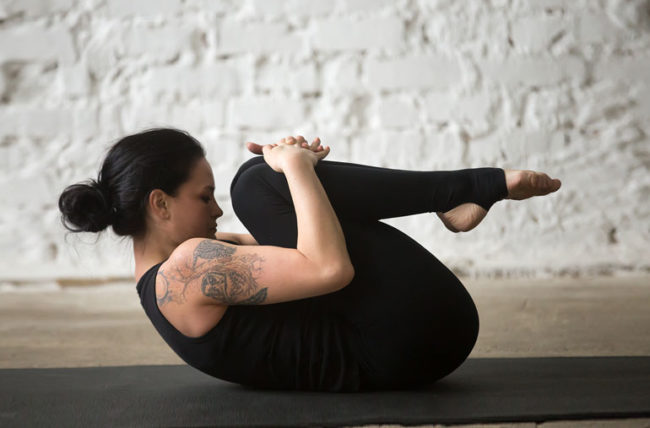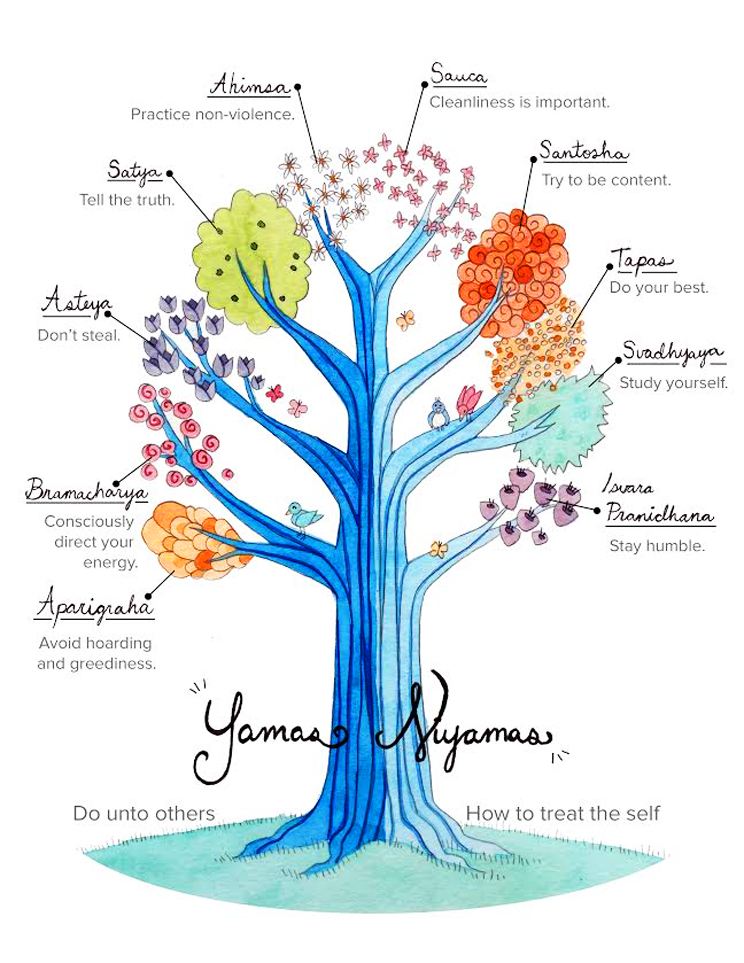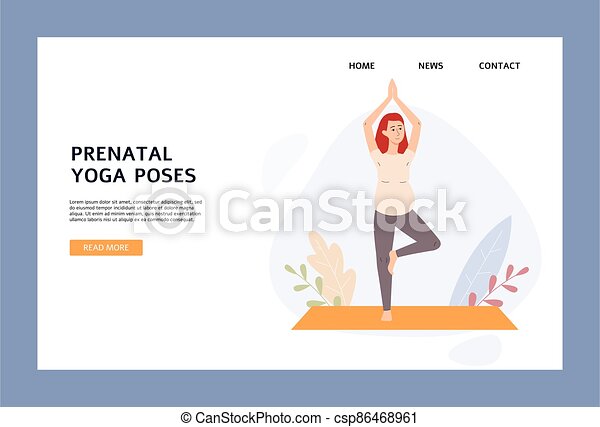
The physical benefits of vinyasa yoga are many and varied. These poses are excellent for a variety physical ailments like improved mental well-being, increased heart rate and flexibility. Here are some of the most common benefits of vinyasa yoga. Learn more. You will feel the benefits from vinyasa in your everyday life. Don't worry if your schedule doesn't allow for yoga. You can always catch a Vinyasa yoga class on YouTube or Instagram.
Improves mental health
Many people are unaware of the many benefits yoga can have for their mental health. Research shows that yoga improves sleep quality and decreases agitation at night. Regular yoga practitioners report feeling refreshed the next morning. Moreover, yoga increases melatonin levels, which regulate sleep and enhance mental health. This article highlights some of the main benefits yoga has on mental health. How does yoga improve your quality of life?
During regular yoga practice, you will develop better mental focus. This will allow you to pay more attention to your breathing and the transitions among vinyasa postures. This will help you to be more in control of your emotions. You'll be more productive and efficient at work, for example, because you can focus on your work rather than your emotions.
Increases heart rate
Vinyasayoga's effects on cardiovascular health were studied. It increased heart rate by 68.8% to 71.77%, which is the same range that most runners run in. This suggests that Vinyasa may be able to increase heart rate. This could help improve cardiovascular fitness and overall health. Vinyasa is a great option for people who do not want to do cardiovascular exercise or are too busy taking up other forms.

Vinyasa poses many benefits including improved strength and flexibility, better circulation, and an even stronger heart. It is a popular practice for yoga practitioners and can help with weight loss and general fitness. Vinyasayoga's meditative effects can help to relax and improve your mind. But what exactly does it do? Let's take an in-depth look. Vinyasa is great!
Improves flexibility
Vinyasa poses are a dynamic way to strengthen, tone, and improve flexibility. It focuses on connecting breath with movement and transitions among poses. It is a form meditative motion. Participants can breathe in tension, then let it out during each movement. It has both a meditative and an energizing effect. Vinyasa Flow instructors guide their students to focus on their physical limits and strength while performing the poses. By focusing on their physical strength and limits, they develop a deeper awareness of themselves and their bodies.
Yoga can improve flexibility. Increased flexibility leads to better circulation, increased muscle recovery, decreased stiffness, and improved blood flow. A stronger, stretched muscle is less likely to sustain injury. Because they release tension and ease strain, yoga can improve posture. Yoga will help you improve your flexibility and posture. Following these guidelines will allow you to reap the benefits of increased flexibility.
Stimulates the spine
Vinyasa Yoga strengthens the spine, core and muscles by combining fast-paced movements to muscle-strengthening exercise. It helps relieve pain and restore vitality. Vinyasa yoga strengthens core muscles by working the whole body. These benefits make vinyasa yoga a valuable fitness tool. You will be amazed with the results. You'll notice a significant reduction in pain and better mobility.
The plank pose is not a balancing pose, but it focuses on core strength. For many yoga poses, a strong core is vital. This plank pose develops stability and endurance. This position alternates between spine flexion and extension. This awakens your back and improves your body awareness. Plank is one of the most basic poses in a vinyasa yoga sequence.
Improves body appearance

Women can improve their body image by practicing yoga. A study has shown that yoga has many benefits for improving body image. Yoga is known for its ability to improve physical fitness and a calming effect that can reduce stress levels. Yoga improves your body image in many ways. This includes a better posture and a reduction in eating disorders. Yoga can be a great way to help women increase their self-esteem, confidence, and self-confidence.
Vinyasa poses increase strength and endurance. The practice of yoga can be helpful for those suffering from anxiety and depression. Study results showed that participants who did vinyasa for six weeks had lower anxiety levels and a better self-image. Yoga improves body image, mental health, and overall well-being. Vinyasa is an effective exercise routine but not for everyone. Beginners should begin with slower flow cycles and gradually work up to more advanced levels.
FAQ
What is positive psychology and why is it important?
Positive psychology focuses on what makes us feel better about ourselves, such as happiness, optimism, gratitude, hope, love, kindness, compassion, forgiveness, courage, humility, curiosity, empathy, spirituality, and meaning. Positive psychology aims to make people happier, healthier, more wiser, and better through self-improvement.
There are two types, trait positive psychology and positive process psychology. Trait psychology studies how people naturally behave. Process positive psychology studies how we can use certain strategies to achieve specific goals.
If I feel depressed, is there anything wrong?
Depression is a common problem among teens. It is important to recognize that depression affects many teens.
This does not mean you are weak or crazy. People who are depressed don't know it. Depression can be a medical condition.
There are many types of depression. Some people experience only sadness. Other people may experience other emotions as well. There are different levels of severity.
Some people suffer mild depression, others are more severe. It's important to understand that depression isn't always bad. Sometimes, it helps us deal with stressful situations.
However, if you find yourself feeling demotivated or sad all the time, you should consult your doctor. Your doctor will be able to diagnose you and determine if you need treatment.
Which 5 ways can we improve our wellbeing?
Wellbeing refers to "the state or condition of being physically, mentally, spiritually, and socially well." Many factors can affect our well-being. These include family, work, family health, relationships with others, education, finances and community. Your first step to bettering your well-being, is to identify the areas in your life that require improvement. Then, work on changing these things.
Here are five methods to improve your health and well-being.
-
Exercise – Physical activity increases endorphins that make us feel happier.
-
Sleep - Sleeping more than 6 hours per night decreases stress and anxiety.
-
Nutrition - Eating healthy foods (such as fruits and vegetables) will boost your mood.
-
Meditation – Meditation reduces stress and anxiety.
-
Socialization - Spending quality time with friends and family makes us happy.
How does mental health affect my relationships?
Your mental health has an impact on every area of your life. It impacts your ability to function properly at home, school, and work. You may also find it difficult to establish meaningful relationships because of mental health issues.
It's easy for people to judge you when you have a mental illness. You might even avoid social situations if you feel like no-one understands.
It's important to remember, however, that people want to be with you. You just have to be approachable.
Talking to others about your feelings can help you connect with them. Ask them to help you.
What are some examples?
Any condition that causes distress or impairment to functioning is called a mental disorder. Examples of mental disorders include depression, anxiety, bipolar disorder, schizophrenia, borderline personality disorder, obsessive-compulsive disorder, post-traumatic stress disorder, eating disorders, substance abuse, and others.
Statistics
- Neuropsychiatric diseases are the leading cause of death and disability in the U.S., accounting for 18.7 percent of all years of potential lifespan loss and premature mortality.
- It means no drinking any alcoholic beverages and no taking any drugs that aren't 100% natural.
- Appropriate nutrition and exercise are likely among the most efficacious and cost-effective positive mental health interventions. (ncbi.nlm.nih.gov)
- It does have some influence, but not nearly as much as we might think, so focusing less on attaining wealth will likely make you happier (Aknin, Norton, & Dunn, 2009); (positivepsychology.com)
- Similarly, for positive mental health, there is likely to be substantial agreement about some typical components (e.g., resilience to stress) 6, and controversy about more atypical components (e.g., career consolidation). (ncbi.nlm.nih.gov)
External Links
How To
How to Care For Autism Children
Autism spectrum disorder (ASD), a neurodevelopmental condition, is characterised by repetitive behavior and impairments in social communication. ASD affects approximately 1 in 50 people. There is no cure.
The 18-month-old age of infancy is when the symptoms first appear. The most common symptoms are difficulty understanding others' emotions and lack of eye contact. These symptoms can lead sometimes to more serious behavioral issues like aggression, anxiety, depression and sleep disturbances.
While there is no cause currently, scientists believe that genetics play an important role. ASD could be caused by many factors including infections, stress, anxiety, medications, vaccinations, alcohol consumption, and smoking. Some studies also suggest that certain viruses such as rubella and measles may increase the chance of developing ASD later in your life.
While early intervention and diagnosis can make a difference in outcomes, many families still struggle with their child’s behaviour after school. The severity of the symptoms and how much support is needed will determine the treatment options. However, research has shown that treatments that emphasize social interaction and reduce problem behavior can make some difference.